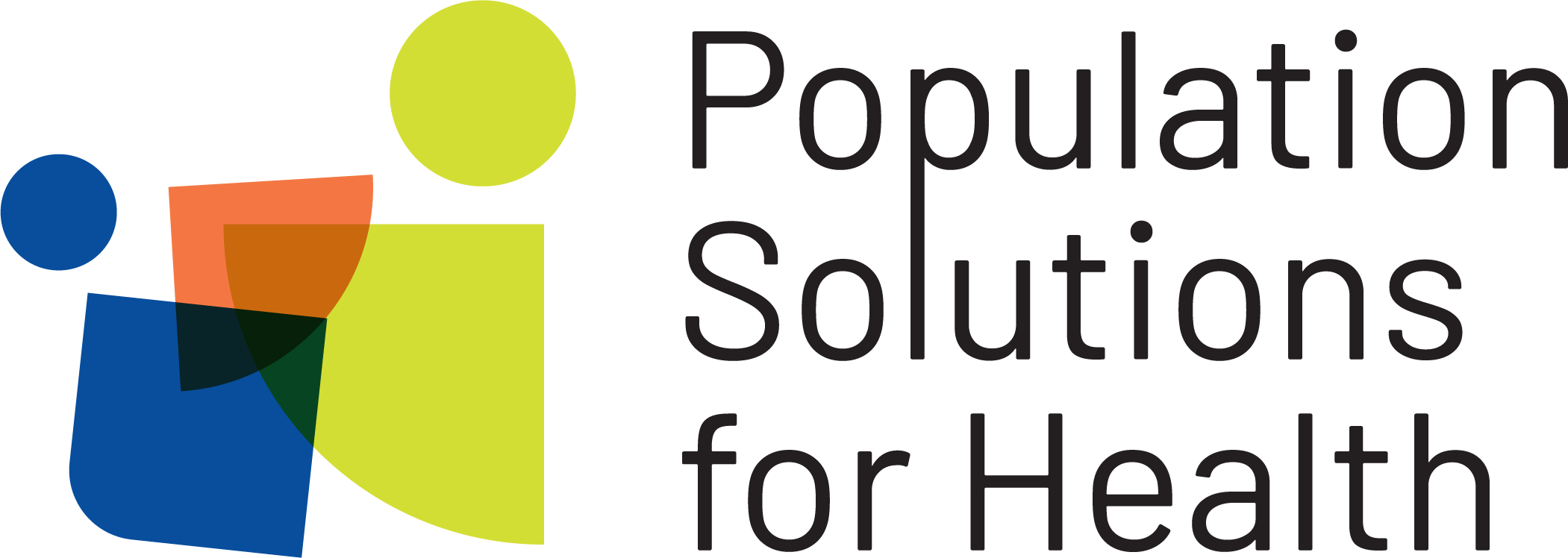
A PROMINENT sexual health organisation, Population Solutions for Health (PSH), is battling a crisis of confidence after it fired employees for fraudulent activities in its voluntary medical male circumcision (VMMC) programme.
The development comes hard on the heels of complaints by community mobilisers alleging both sexual misconduct and fraudulent practices.
PSH executive director Noah Taruberekera confirmed the crisis, adding that the organisation promptly investigated the sexual harassment claims but deemed them unfounded.
However, a separate investigation into the VMMC programme revealed a disturbing pattern of data falsification and manipulation.
“We fully investigated the allegations of sexual harassment and fraud. In this case, our findings on allegations of sexual harassment found that while it is possible that romantic relationships may have happened between the supervisor and some community health workers, we could not get any confirmations from those alleged to have been in those relationships.
“On fraud, we substantiated data manipulation amounting to some financial losses of US$44 000. Each time fraud occurs in our programme, PSH reimburses the donor to ensure that donor resources are not abused and are used for what they are intended, that is, to support our communities,” Taruberekera said.
The fraudulent activities resulted in financial losses for PSH as it had to reimburse donors to maintain trust and prevent the misuse of resources.
According to Taruberekera, staff manipulated data under the VMMC programme to provide misleading figures on the number of persons circumcised in certain areas in Harare, as they recycled VMMC clients, resulting in a financial loss for the organisation.
- PSH grapples with sexual harassment saga
Keep Reading
He said the organisation terminated all contracts of individuals found guilty of data manipulation following the investigation.
“Twenty staff (members) employed in various positions from community health workers, health promotion officers, drivers and clinicians had their contracts terminated because of this fraud.
“Firstly, it is important to note that we take sexual harassment including all forms of workplace violence, abuse and fraud very seriously, to this extent all PSH employees must complete an annual code of conduct and (undergo) safeguarding training,” Taruberekera added.
He said the annual code of conduct and safeguarding training set clear expectations for ethical behaviour, legal compliance, and professional conduct, while reinforcing PSH core values of trust, honesty, commitment, pragmatism, collaboration and measurement.
“We promote open communication and offer employees an anonymous reporting platform to surface any concerns as was reported by the community health workers in this case. All reported cases are investigated by internal audit. Reports are also disclosed to our funders,” he said.







